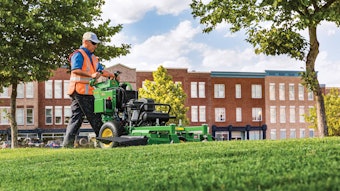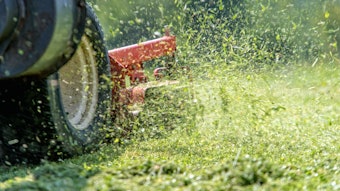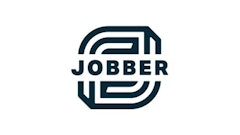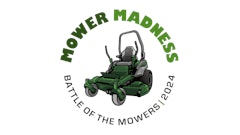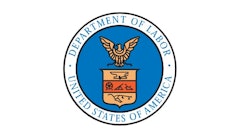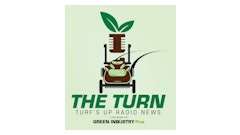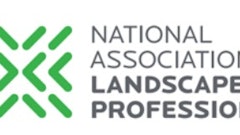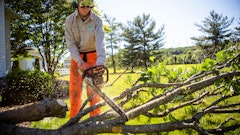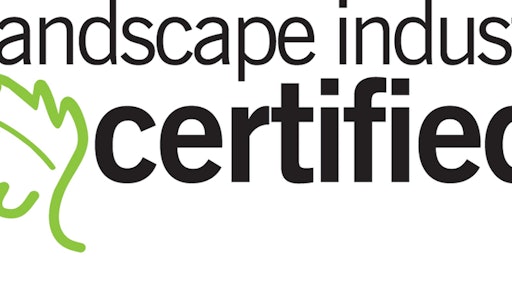
April is National Lawn Care Month and a great time to remind customers and crews about the benefits of a healthy lawn. The Professional Landcare Network (PLANET) offers many tips and interesting facts that your company can use to spread the good word about turf. It also offers lawn-focused certifications you should consider promoting or planning to undertake this spring.
Key Lawn Care selling points
More than 30 million acres of lawns exist in the United States.
A healthy lawn is of utmost importance to our environment. A 50-foot by 50-foot lawn produces enough oxygen for a family of four.
Lawns cool the atmosphere. Eight healthy front lawns have the cooling effect of 70 tons of air conditioning, which is enough for 16 average homes.
Dense, healthy grass slows water runoff, removing contaminants and trapping soil. Fresh, filtered water returns to the underground water supply.
Grass converts carbon dioxide to oxygen, a process that helps clean the air.
Well-cared-for lawns can significantly increase your clients’ property value.
In addition to its positive environmental impacts, a healthy lawn can also make a home more marketable, and in this tough housing market, can make or break a sale.
Well-maintained lawns and landscapes can add up to 15% to a property’s value.
A dense, healthy turf is an environmental hero.
“Companies should stress these benefits,” says Tom Delaney, PLANET government affairs director. “List them on your website and in customer newsletters. Post them on your social media accounts.”
Certification boosts consumer confidence
Certification is another area to emphasize during National Lawn Care Month. Having certified staff is a consumer-confidence booster.
Skip Thompson of Tidewater Landscape Management, Garden City, GA, earned the Landscape Industry Certified Lawn Care Manager and Horticultural Technician certifications several years ago.
“Becoming nationally certified has helped me advance my career and better understand the industry. I’ve been able to stand out from other operators and our company has profited. We’ve promoted my PLANET lawn care and ornamental certifications in bid proposals, which have given us a winning edge.”
Topics you can cover in training
Topics from one of PLANET’s certification programs to emphasize during in-house training might include:
1. Name the five climatic zones of turfgrass adaptation.
2. Control of (?) is one of the most important responsibilities of a turfgrass manager.
3. What are the four basic factors when diagnosing a turfgrass disease?
4. What is one of the least-recognized benefits of turfgrass?
5a. True or False: Many customers may use a lawn care service for a year or more without ever meeting anyone from the servicing company.
5b. If you said “true,” is this a best practice? (See end of article for answers!)
Karen Barnett is PLANET’s director of certification, and has been involved in the Green Industry for 15 years. A former Army journalist, Barnett is staff liaison to PLANET’s International Certification Council. She is a member of the Institute for Credentialing Excellence and the American Society of Association Executives (ASAE).
Test your turfgrass management knowledge
Answers: 1. Cool Humid Zone, Cool Arid Zone, Warm Humid Zone, Warm Arid Zone, and Transition Zone; 2. Weeds; 3. Turfgrass identification, symptoms of the disease, environmental conditions (weather and cultural factors), and signs of the pathogen; 4. Its ability to trap and hold rainfall better than most surfaces, thereby reducing water loss by runoff and enhancing the potential for groundwater recharge; 5a. True; 5b. No. This impersonality weakens the company’s credibility and contributes to customer dissatisfaction and turnover.
Source: Principles of Turfgrass Management Study Guide by Dr. Keith Karnok - Landscape Industry Certified Lawn Care Manager program administered by the University of Georgia Center for Continuing Education: georgiacenter.uga.edu/is/turf.



